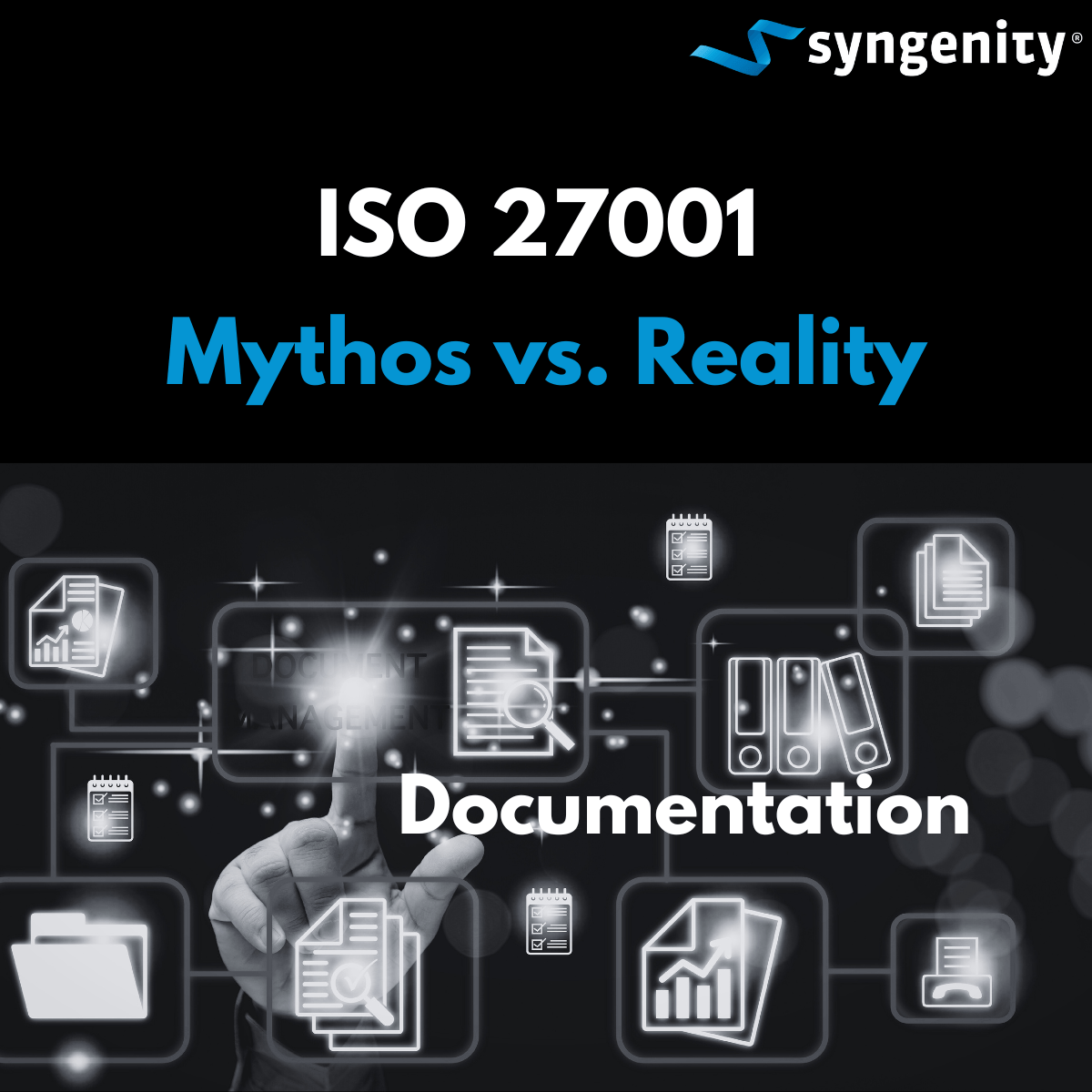In the latest episode of the Bayern Innovativ podcast, our presenter Dr. Tanja Jovanović talks to innovation pioneer Bastian Härzer from Syngenity GmbH (www.syngenity.com) about a topic that concerns many of us: Does a mistake always have to be a negative thing? At a time when perfection is often seen as the benchmark, the question arises as to how we can and should deal with mistakes in order to not only survive, but to grow and innovate.
In this podcast, Bastian Härzer, founder and manager of Syngenity GmbH, shares his valuable experience in dealing with mistakes. For him, mistakes are not only unavoidable, but also necessary in order to learn and develop as a company and as an individual. In his view, the first step is to view a mistake not as a failure, but as an opportunity for improvement. This perspective is deeply rooted in Syngenity’s corporate culture, where mistakes are encouraged as learning opportunities.
Dr. Jovanović and Härzer first discuss the traditional view of errors. In many companies, error-free operations are seen as the ultimate goal. However, this culture of error avoidance can lead to an environment in which innovation is inhibited and employees become risk averse for fear of consequences. Härzer argues that such an attitude not only hinders individual growth, but can also jeopardize a company’s competitiveness.
A central point in the discussion is the concept of “error culture”. A positive error culture encourages employees to take risks and break new ground without fear of negative consequences. Härzer emphasizes that it is crucial to create an environment in which mistakes can be openly discussed and analyzed. This is the only way to learn from them and improve. Syngenity GmbH is actively working to promote this culture. Feedback loops and regular reflection sessions are an integral part of everyday working life in order to get the best out of every experience.
Another important aspect that Härzer emphasizes is the distinction between avoidable and unavoidable errors. Avoidable errors are often caused by a lack of care or planning and should be minimized through appropriate processes and training. Unavoidable errors, on the other hand, are often the result of innovation and experimentation. These are essential as they enable new insights and progress. Härzer sees them as the potential for true innovation.
During the podcast, the emotional component of mistakes is also discussed. Mistakes can be discouraging and weaken self-confidence. It is therefore important that managers like Härzer offer their teams support and encouragement in the event of setbacks. Open communication and constructive feedback are key components here.
In summary, it can be said that a mistake does not necessarily have to be a negative thing. Rather, it depends on the perspective we take. In a modern, dynamic working world where change is the only constant, an error-friendly environment offers the opportunity to strengthen agility and innovation. Bastian Härzer’s approach shows that companies that have the courage to allow mistakes and learn from them are more successful in the long term.
In a concluding reflection, Härzer encourages the audience to rethink their relationship with mistakes. Instead of fearing them, we should accept them as an integral part of our growth process. Dr. Tanja Jovanović aptly summarizes the talk: “Mistakes are not the end, but often the beginning of something new.” This attitude could be the key to not only surviving, but thriving in a complex world.
You can listen to the podcast here from today: Innovation pioneer Bastian Härzer on dealing with risks and mistakes as the basis for innovative entrepreneurship – Living innovation – Podcast







